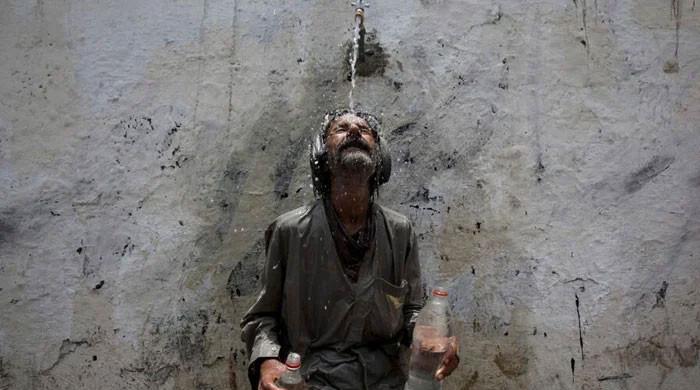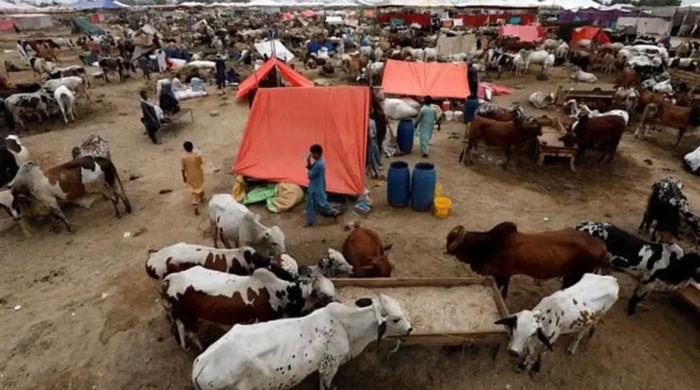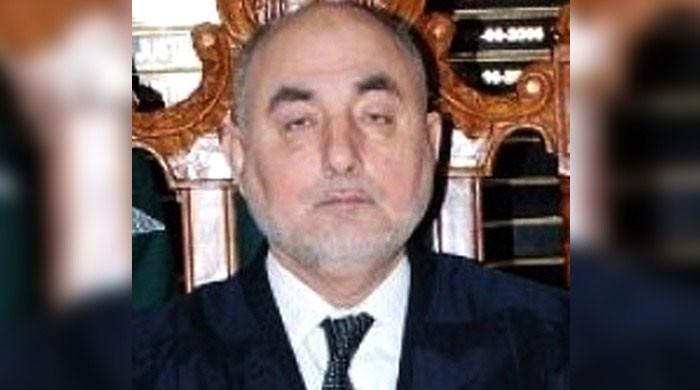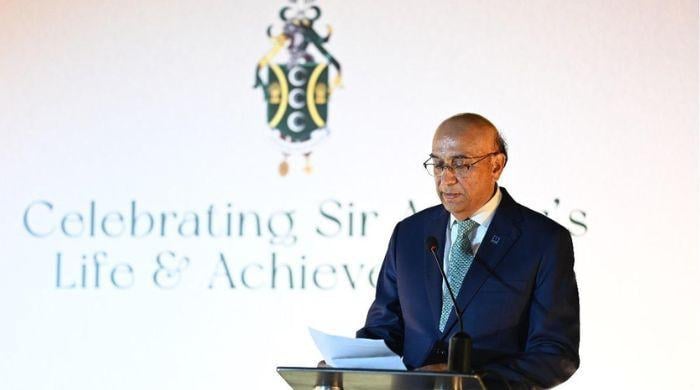US scholar wants Pakistan to play its role again in restarting Afghan peace talks
Barnett Rubin speaks about the expected new policy for South Asia under US President Joe Biden
February 08, 2021
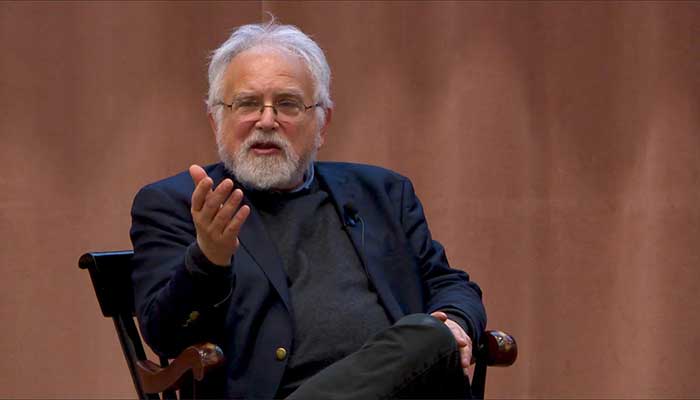
- Former adviser to United States Special Representative for Afghanistan and Pakistan Barnett Rubin speaks about Afghanistan
- Journalists hopeful that US President Joe Biden will play an effective role in promoting peace
Former adviser to United States Special Representative for Afghanistan and Pakistan Barnett Rubin called on Pakistan to play its role again in restarting the Afghan peace talks between the Taliban and the US.
Rubin, who is a senior fellow at New York University’s Center on International Cooperation, spoke about the expected new policy for South Asia under US President Joe Biden in a seminar in Lahore.
He also spoke about the repatriation of US troops from Afghanistan, the release of Afghan prisoners of war, a ceasefire in the war-torn country and a political roadmap for Afghanistan's future.
Senior journalists Altaf Hussain Qureshi and Hafizullah Niazi, in their address, were hopeful that Biden will play an effective role in promoting regional and international peace.
Read more: Biden administration assures Pakistan of continued assistance
While senior journalist and columnist Saleem Safi observed that the US was thinking that the Afghan government and the Taliban would reach an agreement. However, it did not happen.
Former additional foreign secretary Nazir Hussain and Professor Dr Amjad Magsi expressed confidence that the Biden administration would recognise Pakistan's efforts in the Afghan peace process.
Afghan peace talks
Last month, a fresh round of peace talks between the Afghan government and the Taliban took place in Qatar although months of deliberations between the two sides have yielded little so far.
In a major breakthrough last year both parties had finally agreed at least on what to discuss in the next round.
Afghan government negotiators have been pushing for a permanent ceasefire and to protect the existing system of governance, in place since the ouster of the Taliban in 2001 by a US-led invasion in the wake of the September 11 attacks.
Read more: Biden administration to review US-Taliban peace agreement
The first direct talks between the warring sides opened in September after months of delays, but quickly became bogged down by disputes on the basic framework of discussions and religious interpretations.
A concerted diplomatic effort from Washington finally led to a consensus. The negotiations follow a landmark troop withdrawal deal signed in February by the Taliban and Washington, which saw the US pledge to pull out all foreign forces from Afghanistan by May 2021.





